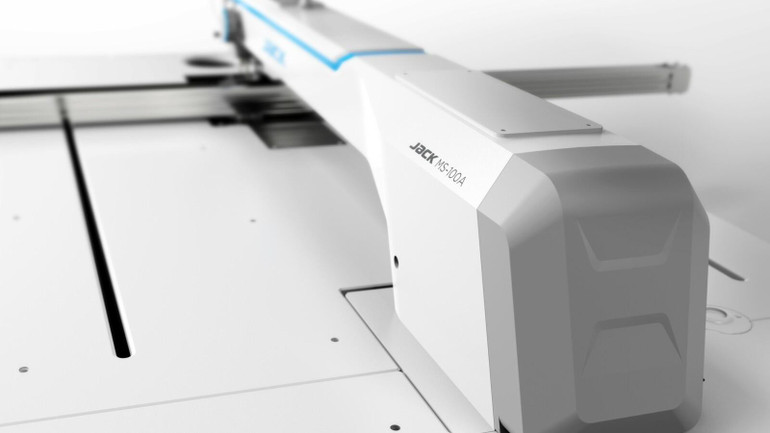The sewing industry is on the cusp of a revolutionary change with the advent of CNC (Computer Numerical Control) sewing machines. These advanced machines, equipped with cutting-edge technology, are setting new standards in the world of sewing automation. They promise to transform the landscape of garment production, upholstery, and a myriad of other textile applications.
Understanding CNC Sewing Machines
CNC sewing machines operate under computer control, precisely manipulating fabrics and sewing in complex patterns that would be extremely difficult, if not impossible, to achieve manually. This high level of precision and automation opens up new possibilities for intricate designs and efficient production processes.
Advancements and Capabilities
- Precision and Complexity: CNC sewing machines excel in delivering exceptional precision. They can produce complex and intricate patterns with a level of accuracy that surpasses traditional sewing methods.
- Speed and Efficiency: These machines significantly reduce the time required for sewing operations. By automating complex patterns, CNC machines streamline the production process, leading to higher throughput and increased efficiency.
- Programmability and Versatility: One of the standout features of CNC sewing machines is their programmability. Designers and manufacturers can easily program the machines to create bespoke patterns and designs, making them highly versatile and adaptable to various textile applications.
- Reduced Labor and Skill Requirements: CNC sewing machines minimize the need for manual sewing skills, which can be particularly advantageous in regions where skilled labor is scarce or expensive. This automation not only cuts down labor costs but also reduces human error.
The Future of Sewing Machine Automation
The future of sewing automation, led by CNC technology, is poised to be dynamic and innovative. Here are some potential developments:
- Integration with AI and Machine Learning: Future advancements may include the integration of AI and machine learning, enabling machines to optimize sewing patterns and processes autonomously, and even adapt to different fabric types without human intervention.
- Sustainable and Eco-Friendly Production: As the focus on sustainability grows, CNC sewing machines could contribute to eco-friendlier production methods by reducing waste and improving material efficiency.
- Customization and Personalization: With the ability to easily switch between different designs, CNC sewing machines are perfect for customization and small-batch production, catering to the growing demand for personalized products.
- Collaborative Sewing Robots: The integration of CNC sewing machines with collaborative robots (cobots) could create fully automated sewing lines, further enhancing efficiency and reducing the need for manual handling.
CNC sewing machines represent the cutting edge of sewing automation. With their precision, efficiency, and versatility, they are not just transforming current manufacturing processes but also paving the way for future innovations in the textile industry. As these machines continue to evolve, they hold the promise of reshaping the sewing landscape, making it more efficient, creative, and sustainable.


 Canadian Dollar
Canadian Dollar

